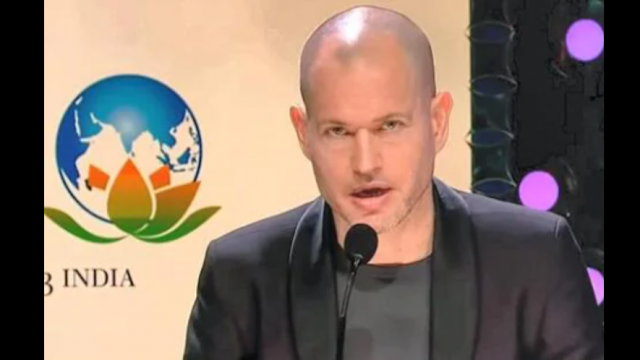The man who held India together

Roportaj with Mallika Ravikumar on Sardar Patel’s steel resolve, grassroots leadership, and the stories that shaped a nation. By Daanish Bin Nabi As India prepares to mark the 150th birth anniversary of Sardar Vallabhbhai Patel on 31st October, Roportaj sits down with author Mallika Ravikumar to discuss her latest book, Sardar Patel: Man of Iron, Words of Steel , published by Hachette India. The book presents fifty inspiring stories from Patel’s life -- stories that reveal not just the statesman, but the man behind the mantle. In this episode, Mallika reflects on Patel’s early leadership, his moral courage, and the civilisational clarity that shaped his politics. From schoolyard boycotts to municipal battles, from village feuds to national unity, Patel’s journey is traced with nuance and warmth. Daanish Bin Nabi: Mallika, for this book on Sardar Patel, were there any particular sources you relied on -- perhaps narratives or archives that have been underexplored? Mall...



